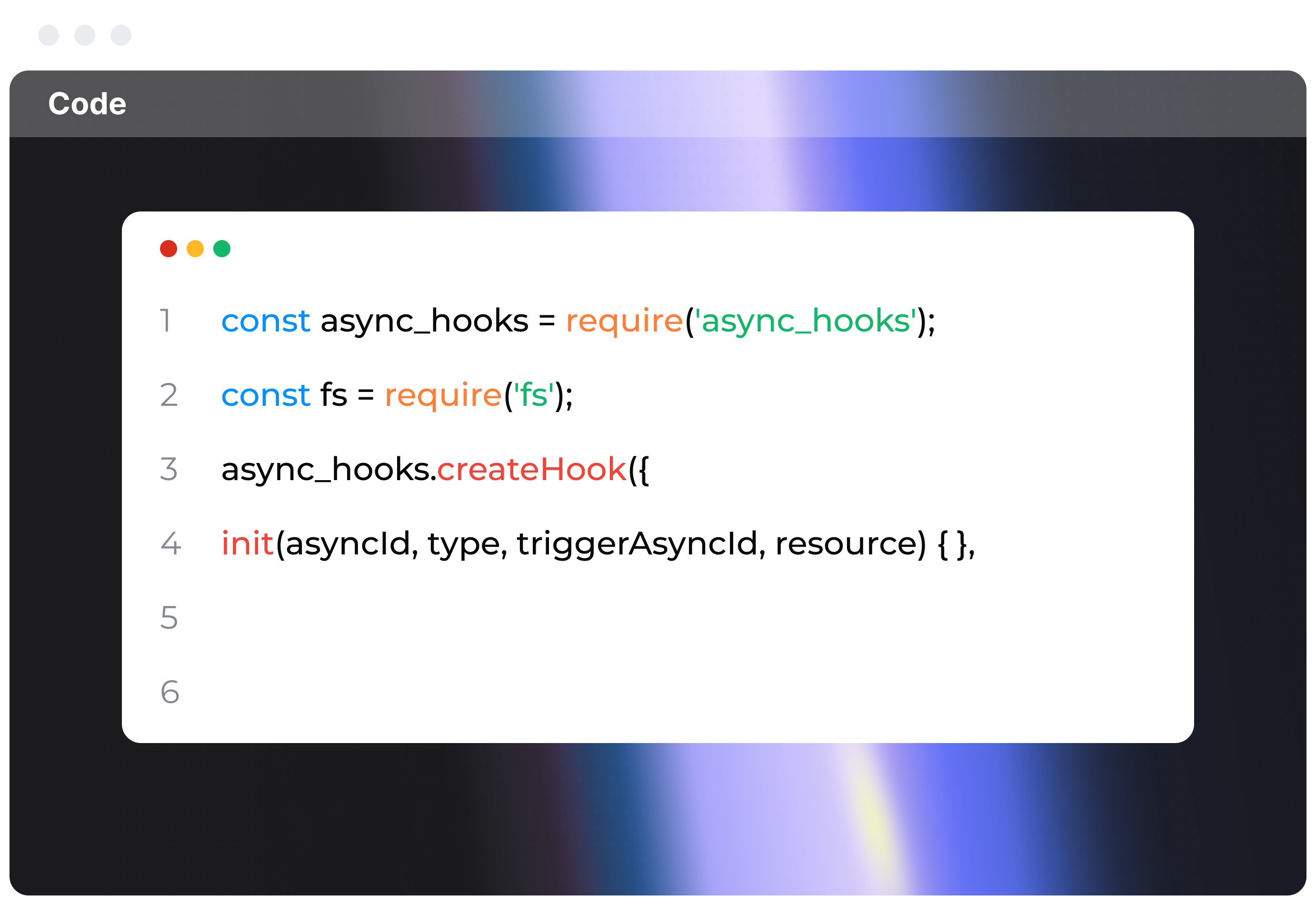How to write integration tests for JavaScript Web Workers?

If you want to write integration tests for JavaScript Web Workers, you'd want to go through a few key steps to make sure your testing strategy is solid. Web Workers let you run scripts in the background without slowing down the main thread, which is awesome for keeping your UI snappy.
Introduction to Web Workers
Web Workers let you run scripts in parallel threads, so they're perfect for heavy lifting tasks that might otherwise slow down your main page. This way, your UI remains really smooth and responsive.
Setting Up Your Project
First things first, you need to set up your JavaScript project. You can use different testing frameworks like Jest, Mocha, or Jasmine. For this guide, let's stick with Jest.
npm init -y
npm install jest jest-environment-jsdom
Create the Worker Script
Now, create a worker.js file. This script will do the background work for you.
// worker.js
onmessage = function(e) {
const { operation, data } = e.data;
if (operation === 'sum') {
const result = data.reduce((acc, num) => acc + num, 0);
postMessage({ result });
} else if (operation === 'multiply') {
const result = data.reduce((acc, num) => acc * num, 1);
postMessage({ result });
} else {
postMessage({ error: 'Unknown operation' });
}
};
Create the Main Script
Now, create a main.js file. This is where you create the worker and manage UI interactions or any other app logic.
// main.js
function createWorker() {
return new Worker('worker.js');
}
function calculateSum(worker, numbers) {
return new Promise((resolve, reject) => {
worker.onmessage = function(e) {
resolve(e.data.result);
};
worker.onerror = function(e) {
reject(e.message);
};
worker.postMessage({ operation: 'sum', data: numbers });
});
}
function calculateProduct(worker, numbers) {
return new Promise((resolve, reject) => {
worker.onmessage = function(e) {
resolve(e.data.result);
};
worker.onerror = function(e) {
reject(e.message);
};
worker.postMessage({ operation: 'multiply', data: numbers });
});
}
// Example of how you might use these functions:
const worker = createWorker();
calculateSum(worker, [1, 2, 3, 4]).then(result => console.log('Sum:', result));
calculateProduct(worker, [1, 2, 3, 4]).then(result => console.log('Product:', result));
Write Integration Tests
Next, let's create a worker.test.js file to write our integration tests. Jest and jsdom can be configured to handle Web Workers. Make sure to set testEnvironment to 'jest-environment-jsdom'.
// worker.test.js
const { createWorker, calculateSum, calculateProduct } = require('./main');
describe('Web Worker Integration Tests', () => {
let worker;
beforeEach(() => {
worker = createWorker();
});
afterEach(() => {
worker.terminate();
});
test('calculates sum correctly', async () => {
const result = await calculateSum(worker, [1, 2, 3, 4]);
expect(result).toBe(10);
});
test('calculates product correctly', async () => {
const result = await calculateProduct(worker, [1, 2, 3, 4]);
expect(result).toBe(24);
});
test('handles unknown operation', done => {
worker.onmessage = (e) => {
expect(e.data.error).toBe('Unknown operation');
done();
};
worker.postMessage({ operation: 'unknown', data: [] });
});
});
Run Your Tests
Ensure your Jest configuration is right in your package.json:
{
"scripts": {
"test": "jest"
},
"jest": {
"testEnvironment": "jest-environment-jsdom"
}
}
Then, run your tests:
npm test
Considerations and Best Practices
Clean-up: Make sure to terminate the worker after each test to prevent resource leaks.
Timeouts: Because Web Workers are asynchronous, setting timeouts can prevent tests from running forever.
Error Handling: Make sure to test for error cases to handle unexpected conditions robustly.
Mocking: Sometimes, you might not want to use the actual Worker in tests; consider mocking the Worker API for unit tests.
Following these steps will help you write thorough integration tests for JavaScript Web Workers. This ensures your background tasks run smoothly, supporting the overall stability and reliability of your application.









